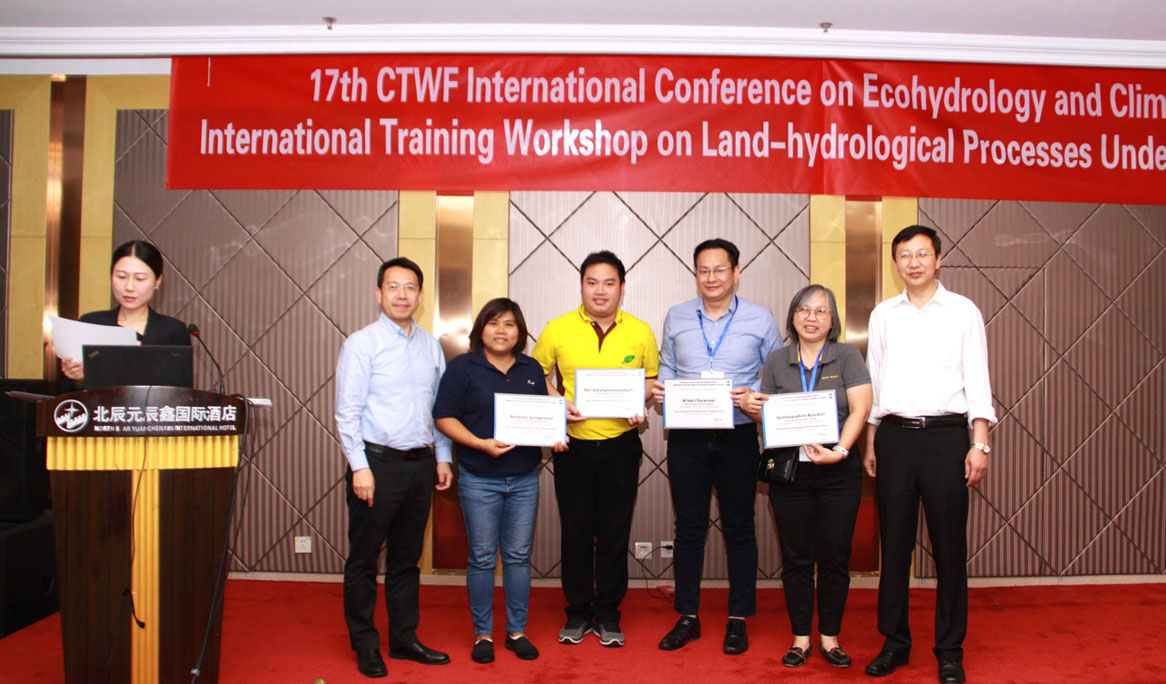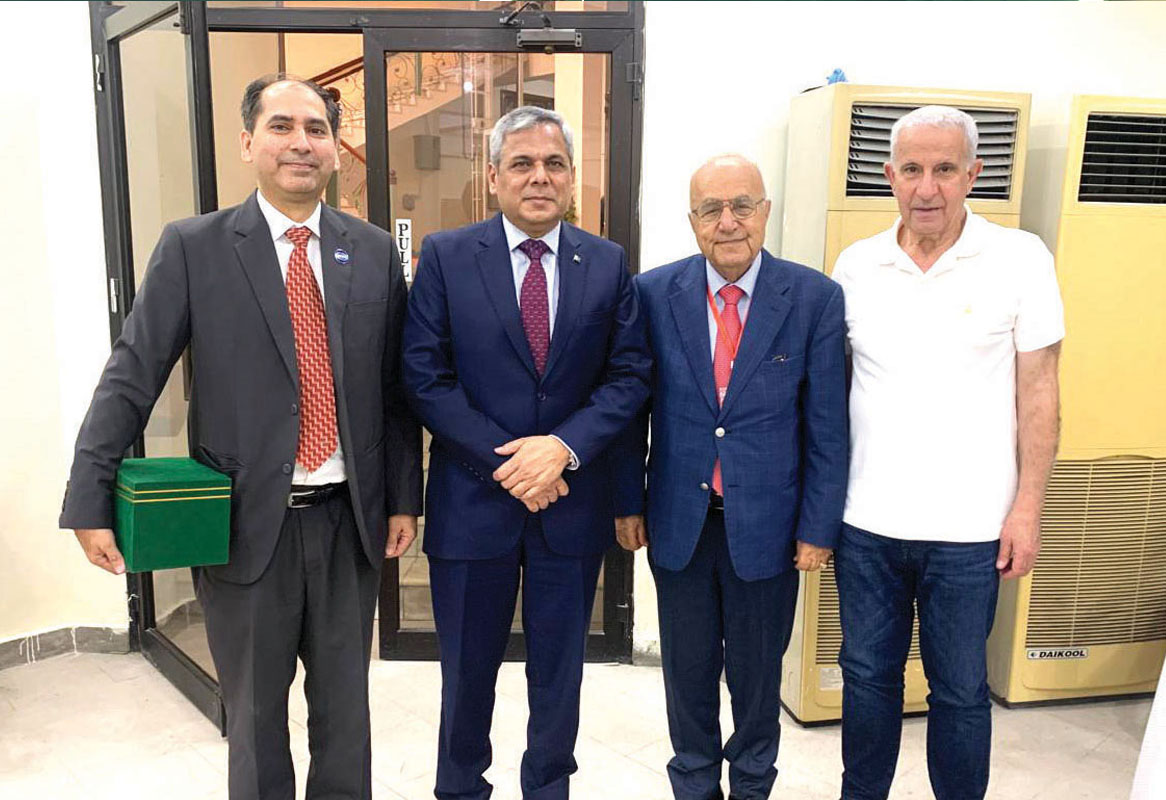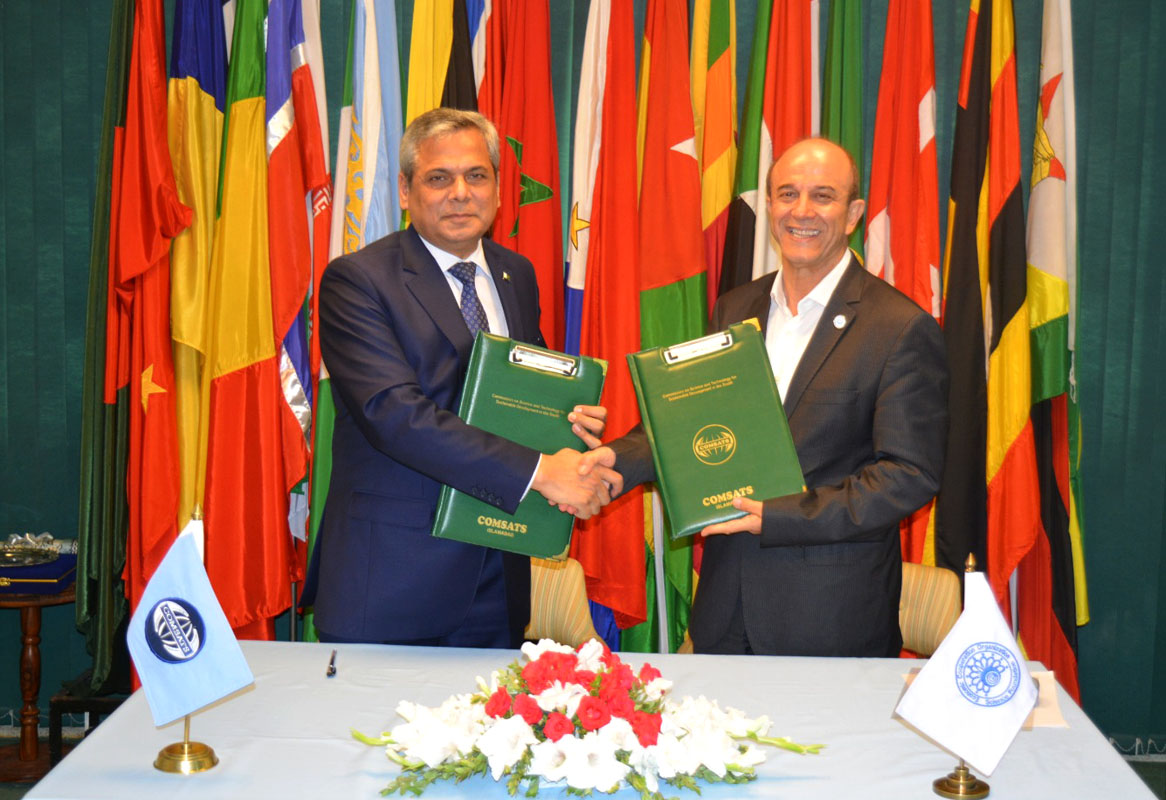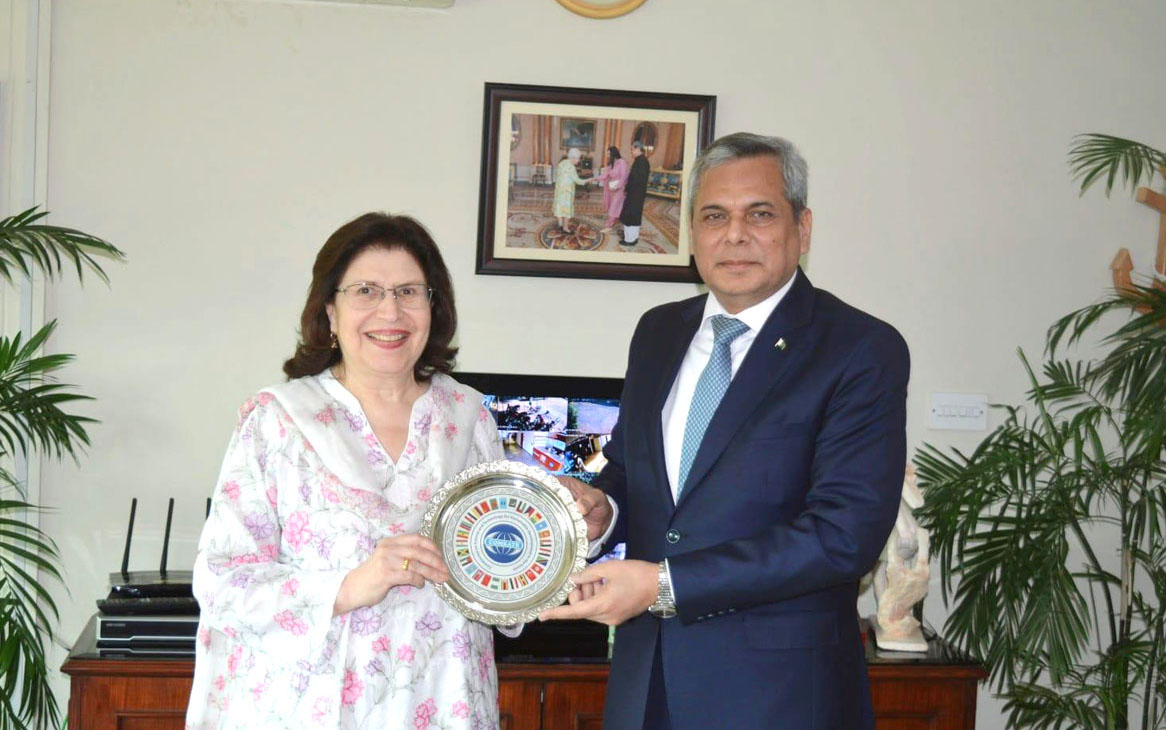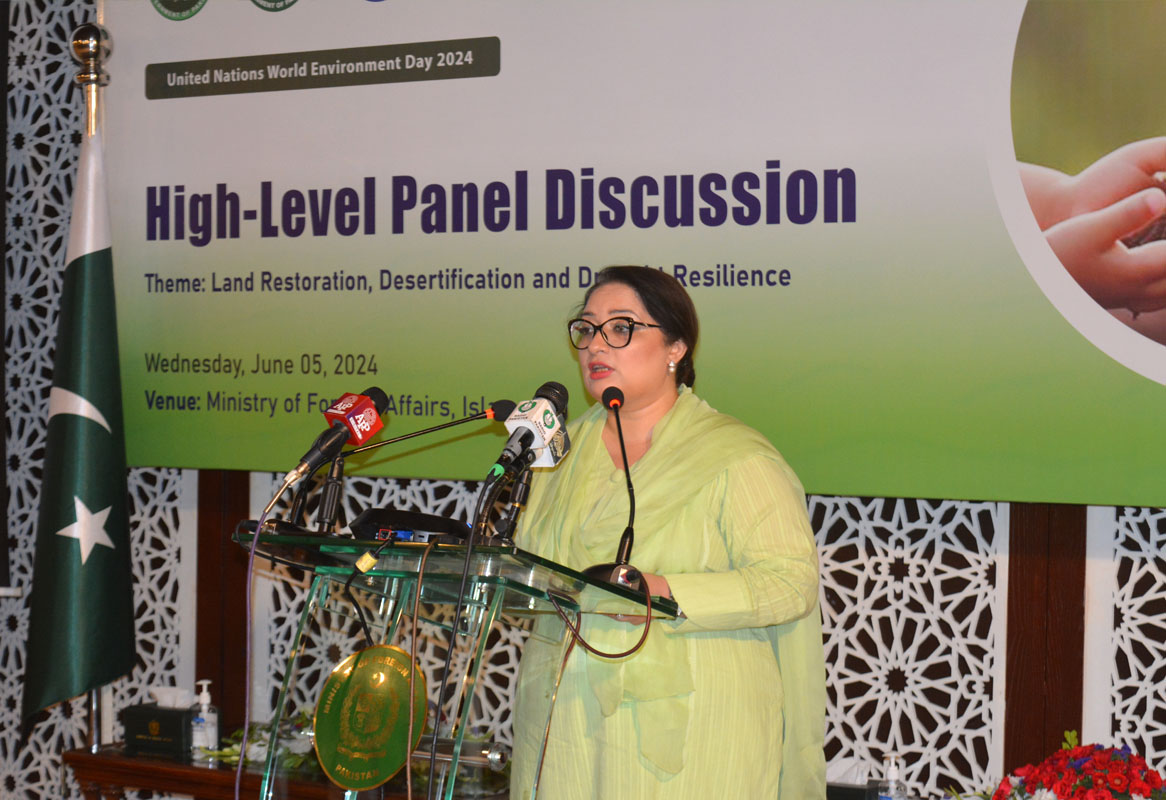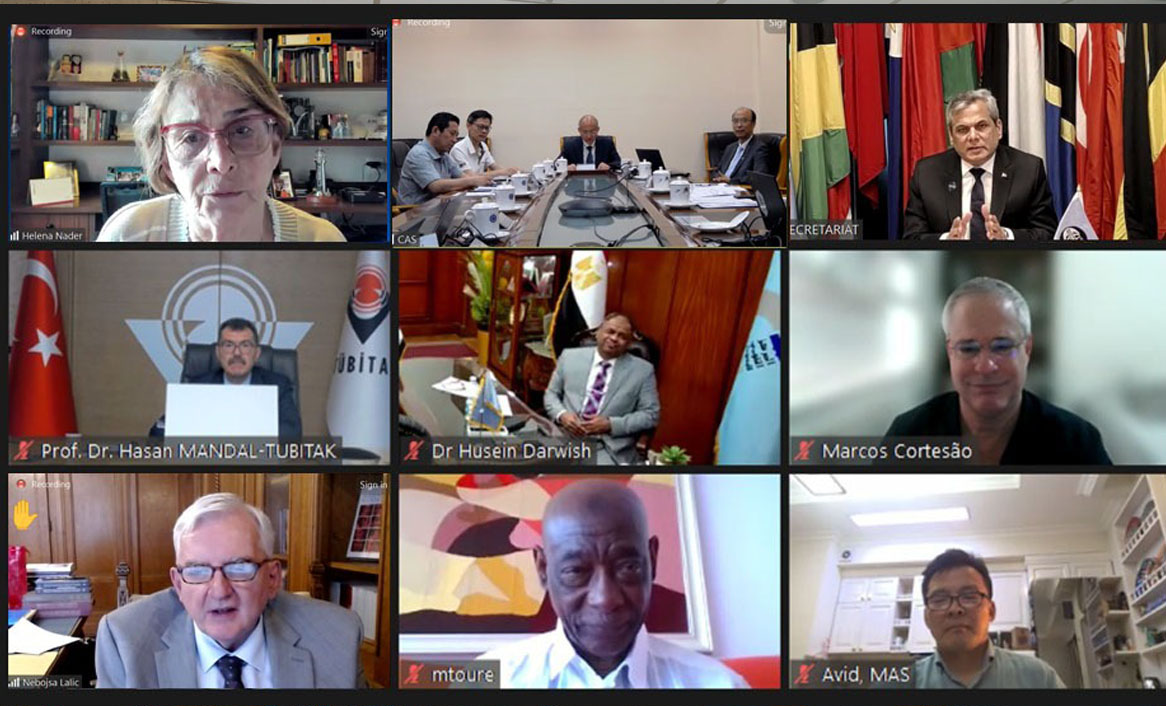The two-day training workshop on, “Land-hydrological processes under changing Climate Observation, Modeling System and Uncertainties”, organized by the International Centre for Climate and Environment Sciences (ICCES) and COMSATS with the support of Bureau of International Collaboration of Ministry of Science and Technology (MoST), China, was held on 20th – 21st September 2018.
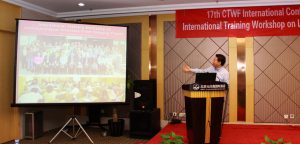
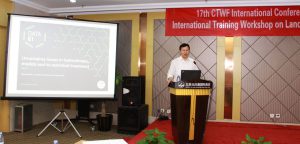
The workshop was held with the objective to highlight the importance of preserving the hydrological cycle as the existing pressure on water resources is increasing with the population growth and drastically changing climate. Various studies have shown that climate change might affect global water resources in future by using simulated land surface hydrological model as key component. Therefore, in the workshop, an emphasis was placed on understanding modeling and monitoring of water cycles along with sustaining ecosystem dynamics.
In view of the challenges to land-hydrological processes, the above-mentioned workshop aimed at building capacity of young scientists from developing countries to understand the impact of climate change on water resources with reference to land-hydrological model system in application and uncertainties.
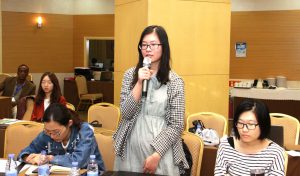
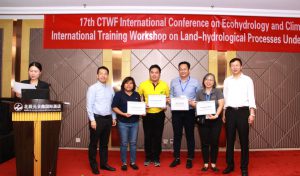
In the inaugural session of the workshop, Prof. Lin Zhaohui, Director ICCES, introduced to the distinguished guests the crucial subject and objective of the workshop. He emphasized the importance of training of young scientists to build their capacity to undertake research studies related to climate change and its impact using the land-hydrological model system.
Ms. Xuemei Yang, Director of International Organization, Ministry of Science and Technology (MoST), China, appreciated the efforts of ICCES and COMSATS for jointly organizing this workshop and reiterated its support, to ICCES in building capacities of young scientists from developing countries. Ms. Zhang Lu, Director International Cooperation, Department of Science Planning, Institute of Atmospheric Physics, Chinese Academy of Sciences, was also preset on the occasion.
On behalf of COMSATS, Maj. Gen (R) Muhammad Tahir, Advisor (China Desk) gave brief overview of COMSATS and its relationship with ICCES and MoST, China. ICCES as an affiliated Centre of Excellence and China as founding member of COMSATS are playing a key role in science-led sustainable development. He mentioned addition of Tianjin Institute of Industrial Biotechnology (TIB) as one more Centre of Excellence (CoE) from China. He expressed COMSATS’ gratitude to MoST for supporting its programmes through these two CoEs which reflects China’s deep commitment toward capacity building programmes in developing countries. He noted that climate change is becoming one of the greatest threats facing the planet where draught, floods and hurricane in various countries etc. are linked to global warming. He specially mentioned the interaction between sustainable development and climate change. He extended his gratitude to Prof Lin for organizing this important workshop for young scientists from developing countries.
Four internationally renowned scientists (Prof. Yong Luo, Prof Kun Yang, Prof. Duoying Ji and Dr. Quanxi Shao) gave lectures/ training on the subject and provided details on the model on application, and its statistical treatment and verification. The workshop included four sessions on: Global climate change and its impact on hydrological processes and water resources; Observation for land-hydrological modeling and verification; Description of Common Land Model (CoLM) and its applications; and uncertainty issues in hydro-climate models.
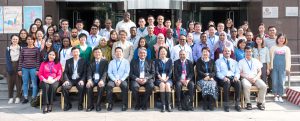
Sixty young scientists from 20 countries benefitted from this workshop. Countries represented included including Egypt, China, Bangladesh, Thailand, Mali, Ghana, Togo, Sri Lanka, Kazakhstan, Tunisia, Malaysia, Pakistan, Sudan, Morocco, Vietnam, Australia, and India.

